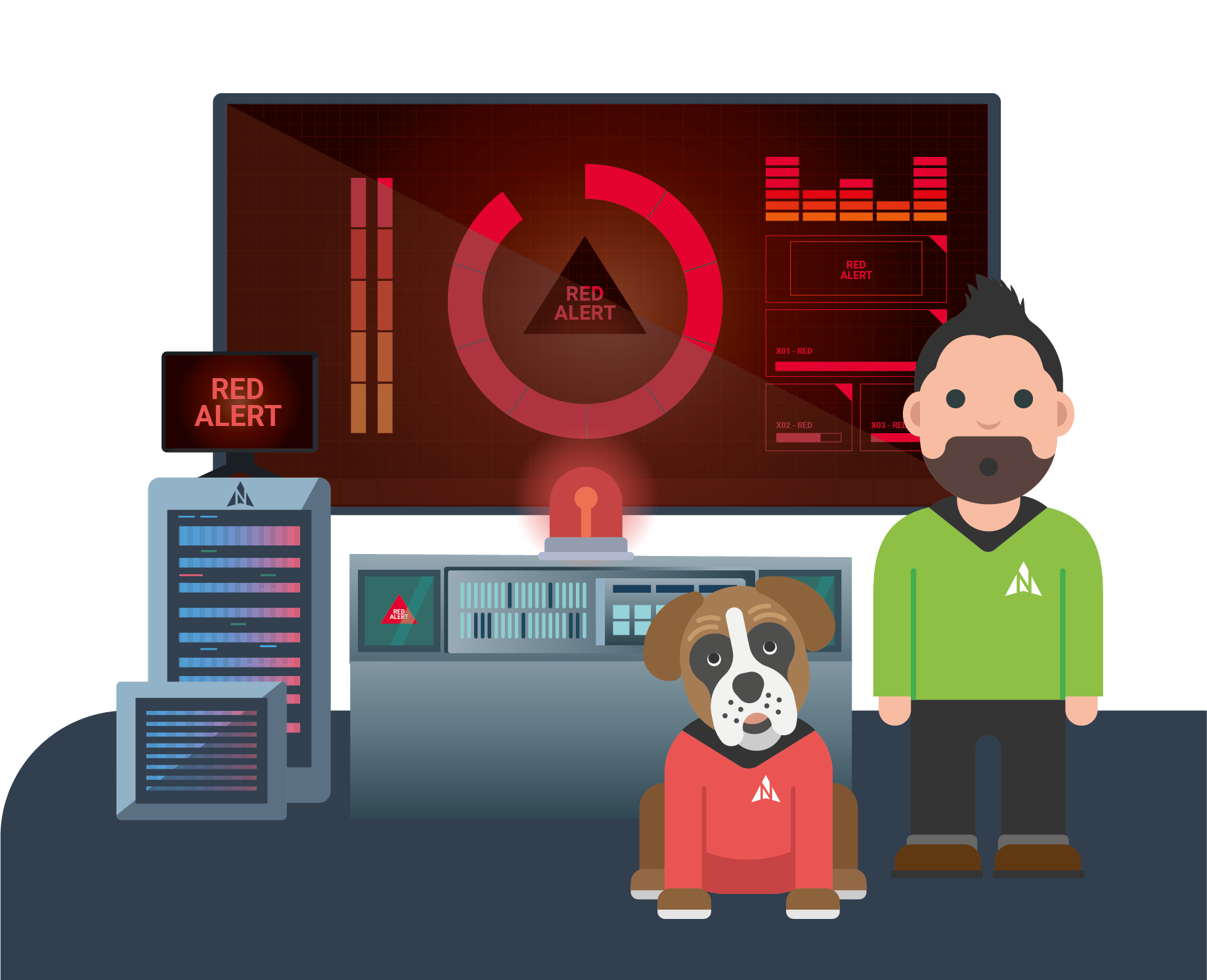
I was quite shocked to listen to the Jeremy Vine show on 1st April 2106 to hear that Dr. Sarah Jarvis had fallen prey to a cyberattack. A sophisticated attacker hacked her Hotmail account. You can listen to the details 1 hour 36 min. into the program http://www.bbc.co.uk/programmes/b074m4bj
Her e-mails and contacts were taken to run a scam. Her password was reset, too. Dr Jarvis contacted an expert straight away to help resolve the issue and avoided a worst case outcome. If at any time she had included her bank details or other highly private details in an email – the hacker now has all of that information.
So, what can you do to protect yourself?
Put an IT support contract with a reliable supplier into place, so you can reduce the cost to help you resolve your problem. A support contract may cost you less per year, than having your problem fixed ad hoc.


